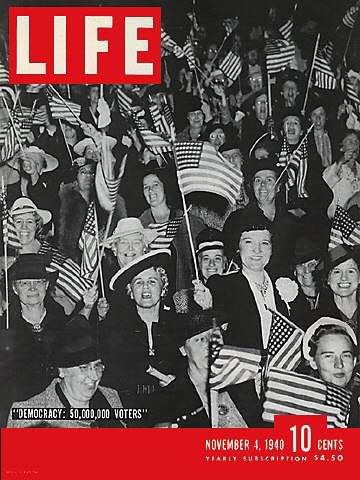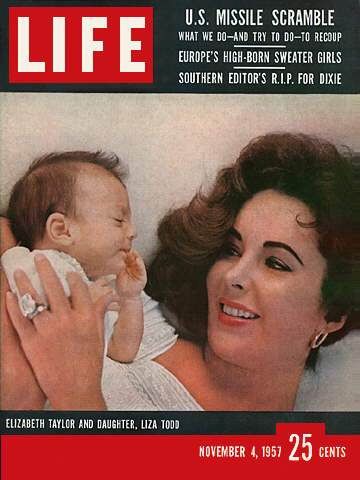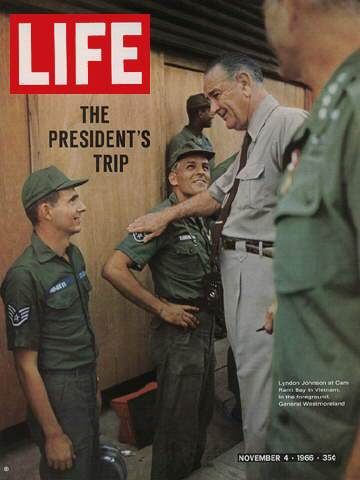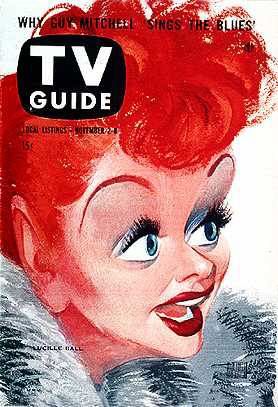Ivory Coast Jets Bomb Northern Town
Ivory Coast Jets Bomb Northern Town
Thursday, November 04, 2004
BOUAKE, Ivory Coast — Ivory Coast warplanes bombed the largest city of the rebel-held north Thursday in waves of attacks, breaking a more than year-old cease-fire in the civil war that split West Africa's one-time economic powerhouse.
The government's Russian-made Sukhoi jets launched attacks at dawn and swept back in for at least two more raids by nightfall, targeting rebel military and civilian headquarters and television in surprise attacks that left civilians cowering in their homes.
"We are going to reconquer our territory and reunify Ivory Coast," Col. Philippe Mangou, a government military chief for operations, told The Associated Press by telephone.
Rebel leader Guillaume Soro, reached after the first attack, called the government offensive a "unilateral ... flagrant violation" of Ivory Coast's peace deals and complained about the inaction of the 10,000 foreign peacekeepers in the country. The rebel chief headed back to Bouake from nearby Togo, where he had gone for regional consultations on the deteriorating situation in his home country.
"We've just been bombed. The war has started again," rebel military commander Cherif Ousmane told the AP, after the first raid jolted residents awake.
Ivory Coast, the world's top cocoa producer, has been split since a September 2002 coup attempt launched the country into civil war. A 2003 peace deal, brokered under pressure from former colonial ruler France and others, ended major fighting. But a power-sharing deal failed to take hold, and distrust and ethnic, regional and political hatreds continue to run strong.
The civil war killed thousands and forced more than 1 million people from their homes. Renewed war would threaten stability in the entire region if it draws in arms and idled fighters from neighboring countries — Liberia and Sierra Leone — themselves recovering from 1990s civil wars.
In New York, U.S. deputy U.N. ambassador Stuart Holliday called the situation "very grave" and said Security Council diplomats would look for ways to stop the attacks.
Two jets launched the first raid around sunrise, targeting a rebel battalion headquarters within Bouake. An AP reporter in Bouake saw the aircraft fly in low over the town. A boom followed, and a plume of black smoke rose.
Soro said the first attack seriously injured 25 civilians, but said nothing about casualties among rebels.
Rebels deployed in force across Bouake. Insurgents, faces covered by hoods, erected checkpoints. Frightened civilians stayed inside, with shops closed.
The two warplanes returned at midday and again at midafternoon, dropping fresh bombs.
The third raid targeted rebel headquarters and the antennas of the rebels' television station, said Francois Guenon, spokesman for the French Embassy in Abidjan.
There was no immediate word on casualties from the subsequent raids. Phone service in Bouake appeared to be out by midday.
Government warplanes flew low over a second rebel town, Korhogo, at nightfall, as rebels below manned an anti-aircraft gun.
In Abidjan, the government-held commercial capital in the loyalist south, about 3,000 people marched on army headquarters, demanding a full-scale offensive to retake the north.
"I can tell you that as I speak, the sun has risen for you and set for the others. Stand up, with everyone behind us, and let us liberate the country," Army chief of staff Gen. Matthias Doue assured the crowd.
Mobs stormed offices of opposition newspapers, burning one, and gathered outside French military headquarters, calling on Paris to stay out of any renewed offensive by loyalist forces. Government helicopter gunships patrolled the air.
Broadcasts from international news services went off the air in Abidjan by afternoon, apparently blocked by the government.
About 6,000 U.N. peacekeepers have been deployed along with 4,000 French troops, jointly patrolling the front lines that divide the nation in two.
Col. Henry Aussavy, a spokesman for French peacekeepers, repeatedly refused comments on any response by the international troops.
Ivory Coast had stood as West Africa's single-most stable and prosperous country for decades, welcoming in millions of mostly Muslim immigrants from neighboring northern countries. Tensions between fervent loyalists of the south and the northerners grew in the 1990s amid falls in crucial commodity prices and political change, and a 1999 coup — Ivory Coast's first — ended the country's reputation for stability.










